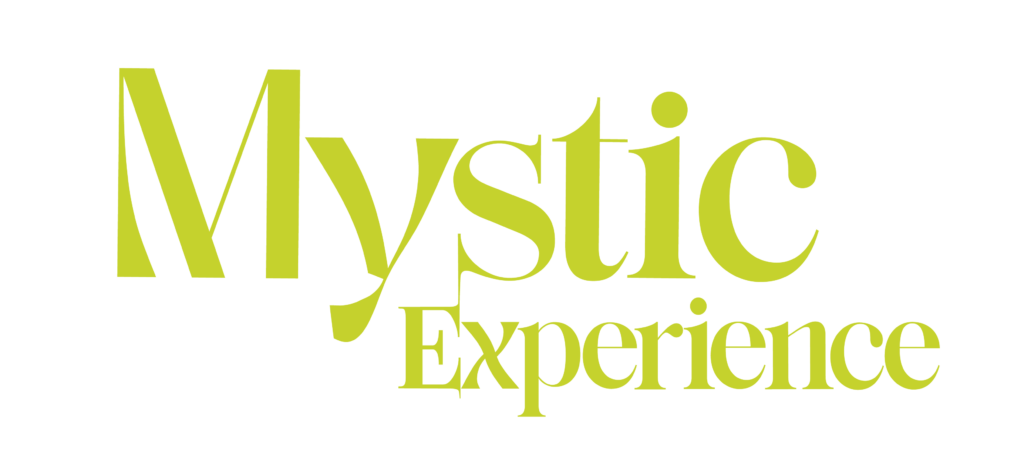Dreams are powerful. They open a door to your unconscious and bring you closer to your true nature. That’s why listening to them is so important. With a little practice, you can learn how to understand your dreams.
Carl Jung, a pioneer of dream analysis, wrote in his book Dreams, “the main importance of dreams is to take what is unconscious and make it conscious. It’s not until we understand our unconscious drives, that we can rationally work to address or heal them.”
When you’re awake, your ego inundates your thoughts. It tells you to doubt what you don’t understand. But when you sleep, your unconscious takes over. The surreal takes center stage. Your dreams may seem like entertainment but they’re tied to your memories, expectations, and future. You can process 10-12 images per second so even when something ordinary shows up, it’s not just because it stood out. There’s a reason your mind selects specific images and there’s something to learn from it.
Professional dream analysis takes a psychiatrist but dreams aren’t reserved for professionals. They belong to dreamers. Here’s a guide to help you learn how to understand your dreams.
Submit your dream and receive a free interpretation
Remembering your dreams is the first step to learning how to understand them
Everyone dreams. According to the Sleep Foundation, most people dream an average of two hours per night. Remembering your dreams as completely as possible is the first step to understanding them. Set a clear intention to remember before you fall asleep. This starts the thread between your conscious and unconscious mind, sending a signal that you’re ready for the ego to take a back seat.
Write down anything you remember as soon as you wake up. Even snippets matter. Record them in a journal, take a voice memo, or use the notepad on your phone. Documenting the dream is what matters. It’s the key to opening the dream portal.
Document these three things to make your dream analysis more accurate
- What happened in the dream: where you were, who was there, and what happened. If you remember things out of order, just go back and put them together.
- The people in the dream: was anyone familiar? People are often versions of yourself, but sometimes you’re working out relationships with key people in your life.
- How you felt in the dream: notice how you felt when you woke up and if your feelings changed through the dream.
Now that the dream is written down, understanding it takes some awareness and interpretation.

A five-step process to learn how to understand your dreams
- Start with openness. Carl Jung said every dream analysis must start with the words, I don’t know. It keeps our minds open. If you start with a preconceived interpretation, there’s no room for personalized meaning.
- Notice the feeling. How did you feel when you woke up? Anxiety? Sadness? Love? Confidence? This is the first clue to what your unconscious is communicating.
- Replay the course of events by objectively walking through what happened.
- Notice who’s in the dream.
- Put it all together. Once you have all the details, see what the dream is communicating and what your unconscious is working through. Be patient because it can take time to learn your dream language.
A dream example and the meaning explained
I once had a dream that I was in a hotel room working at a desk when a woman stepped out of the closet. She stood behind me and smoothed my hair with her fingertips. I knew her, but couldn’t place who she was. She told me to stop working and forget about the project, it wasn’t worth finishing. I did what she said and then we were standing in front of the bathroom mirror. She pet my hair again and hugged me from behind, saying, “See, now we have more time together.” My fear kept me from challenging her.
Here’s how to understand the dream:
- The primary feeling was fear. I feared the woman even though I listened to her.
- The course of events started with me at work, then a woman in the closet freely stepped out, told me what to do, and rewarded me with affection for obeying her commands. The hotel room and the bathroom were less relevant than the big picture.
- The person was familiar. While she didn’t look anything like me, she was close to me, petting my hair and standing over me, and I listened to her so she had some authority in my life.
- Putting it all together took intuition and trust. The woman was my rational, doubting mind that I tried to keep hidden, but I was unconsciously having doubts and they had a great influence on me.
The dream helped me understand how significant my doubts were and how much work it took to ignore them. It helped me face my doubts and the pain behind them, bringing me closer to my ambition, desires, and obstacles.
None of these images had been in my dreams before. If they had, I’d consider it a recurring message or part of a personal dream dictionary. Jung’s archetypes are valid, but staying open to personal meanings can help make a more personal understanding. If consulting dream dictionaries, don’t be too literal. Think about what the symbols mean to you before you refer to any generalized definitions.
If you’re not sure what a dream means, submit it with our dream interpretation form and we’ll tell you how we understand it. All dreams remain anonymous. Submit your dream.
Common dream symbols that can be confusing to understand
- Death: change and very rarely actual death.
- Pregnancy: beginnings. Look at the length of pregnancy. How far along is the person’s pregnancy? Ask what happened that many months ago that’s now becoming reality.
- Water: an emotional state.
- Hair: a power source. Notice the state of hair. If it’s long then you likely have a lot of power or agency in the dream/life situation. Is it unruly or chaotic? Your power might be too. Has it been cut? If so, you may feel your power is being diminished or stifled.
Want to go further with understanding your dreams?
There are several great books on dream interpretation. You can even use tarot cards to understand your dreams. If you want to dig really deep, see a Jungian therapist. Having a trained and licensed therapist gives you an objective party to help you learn how to understand your dreams and what’s happening in your life.





